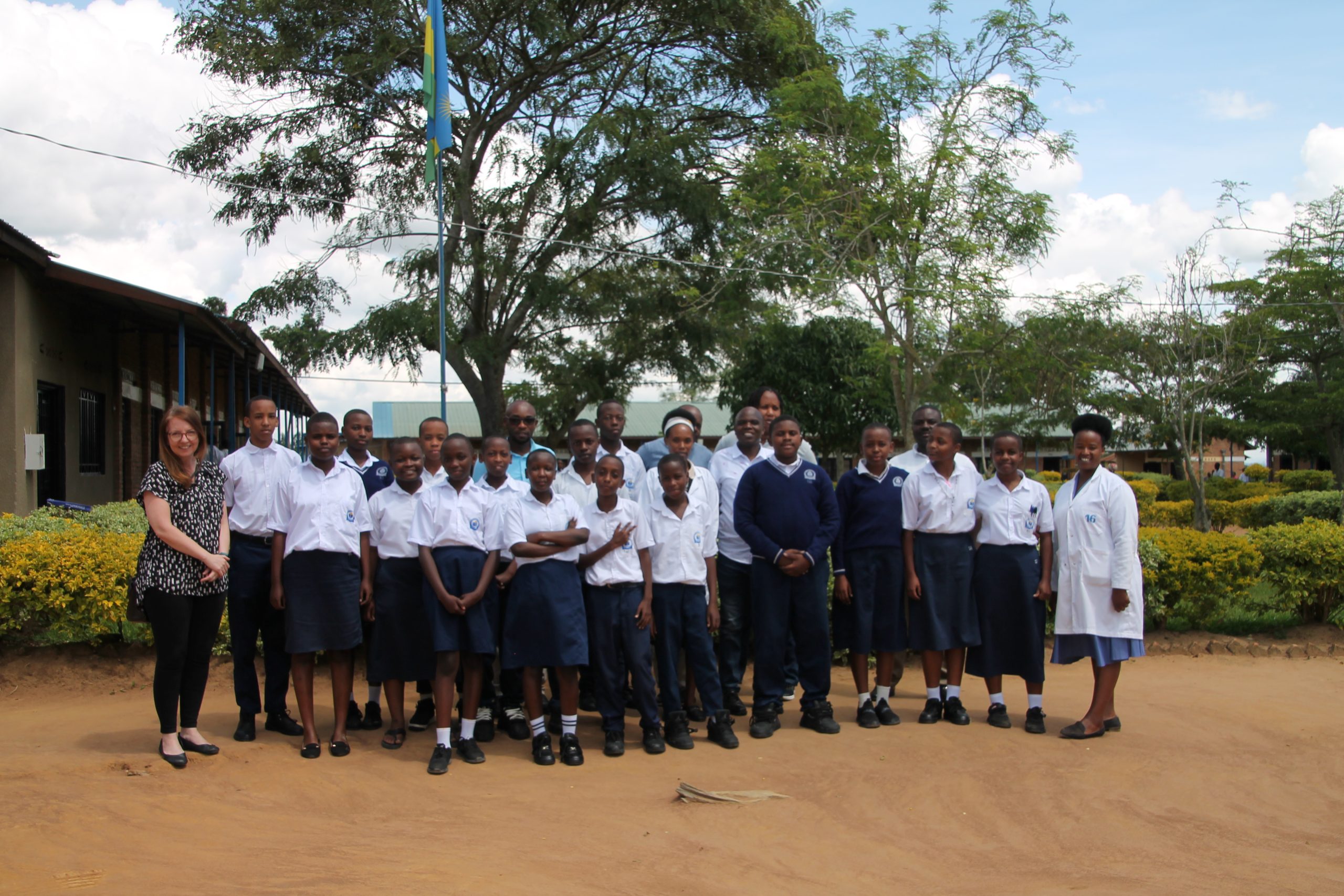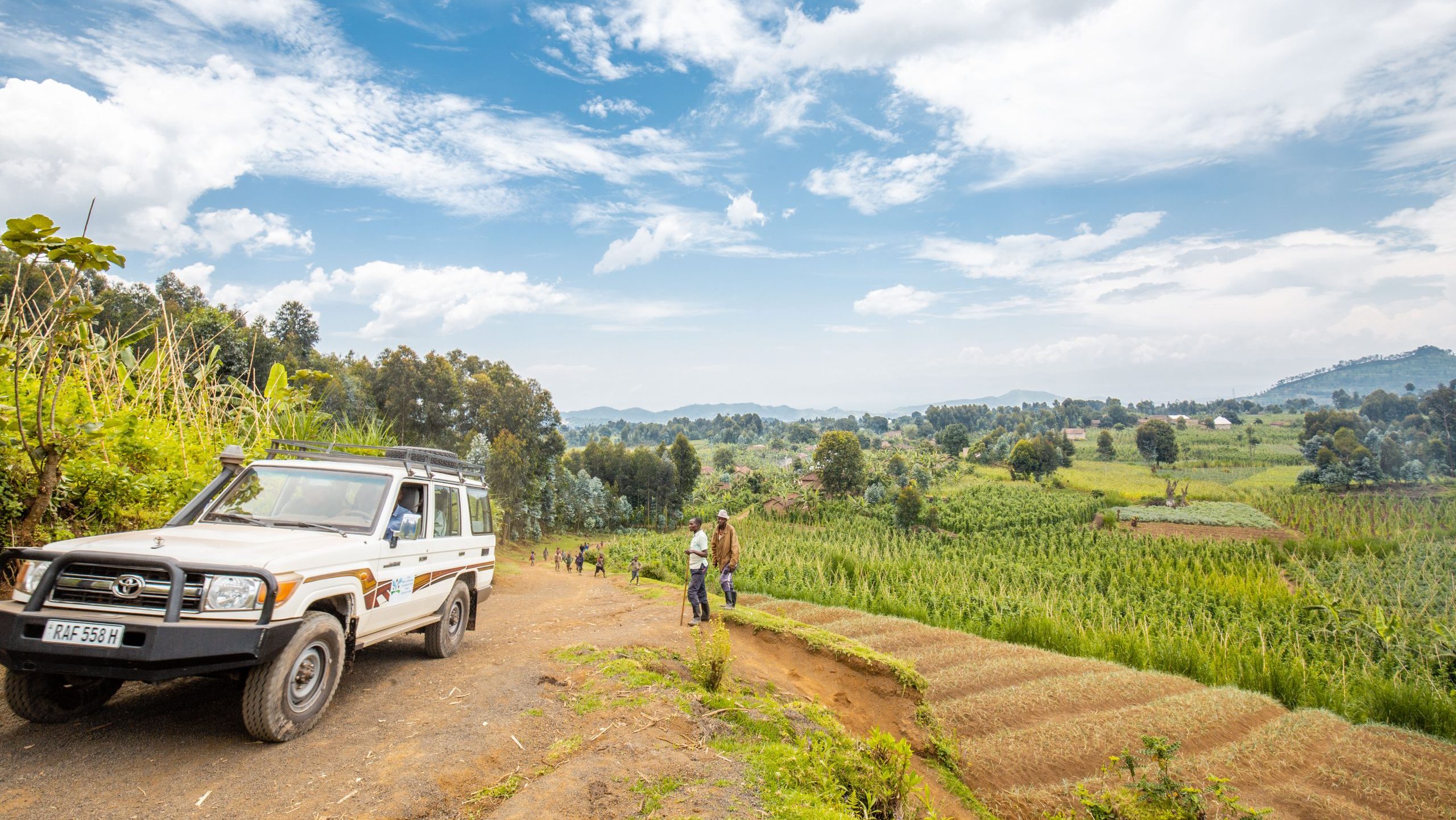
Encountering Impact in my Travels with Wellspring
By Bertrand Mahirwe Ishimwe, Communications & PR Coordinator
What a way to be introduced to Wellspring’s work!
Who would choose to spend their busiest, most intense induction weeks not behind a desk but on the road, traveling across districts and visiting schools? At first, I wasn’t sure. But these field visits turned out to be far more valuable than any file or policy document I could have read. They brought me face-to-face with the real, tangible impact of Wellspring’s work in schools and communities across Rwanda.
During my first weeks, I visited Wellspring-supported schools in Bugesera, Rubavu, and Rulindo districts. There, I witnessed firsthand how our Social Emotional Learning and Turere Abana (Let’s Nurture Children) programs are reshaping the way students learn, teachers teach, and families support their children’s education.
In each of these communities, education is growing into something far beyond academic achievement. It is becoming a shared responsibility, one that nurtures the whole child and empowers entire communities to walk alongside children as they grow in confidence, resilience, emotional wellbeing, and life skills, as well as academic excellence.
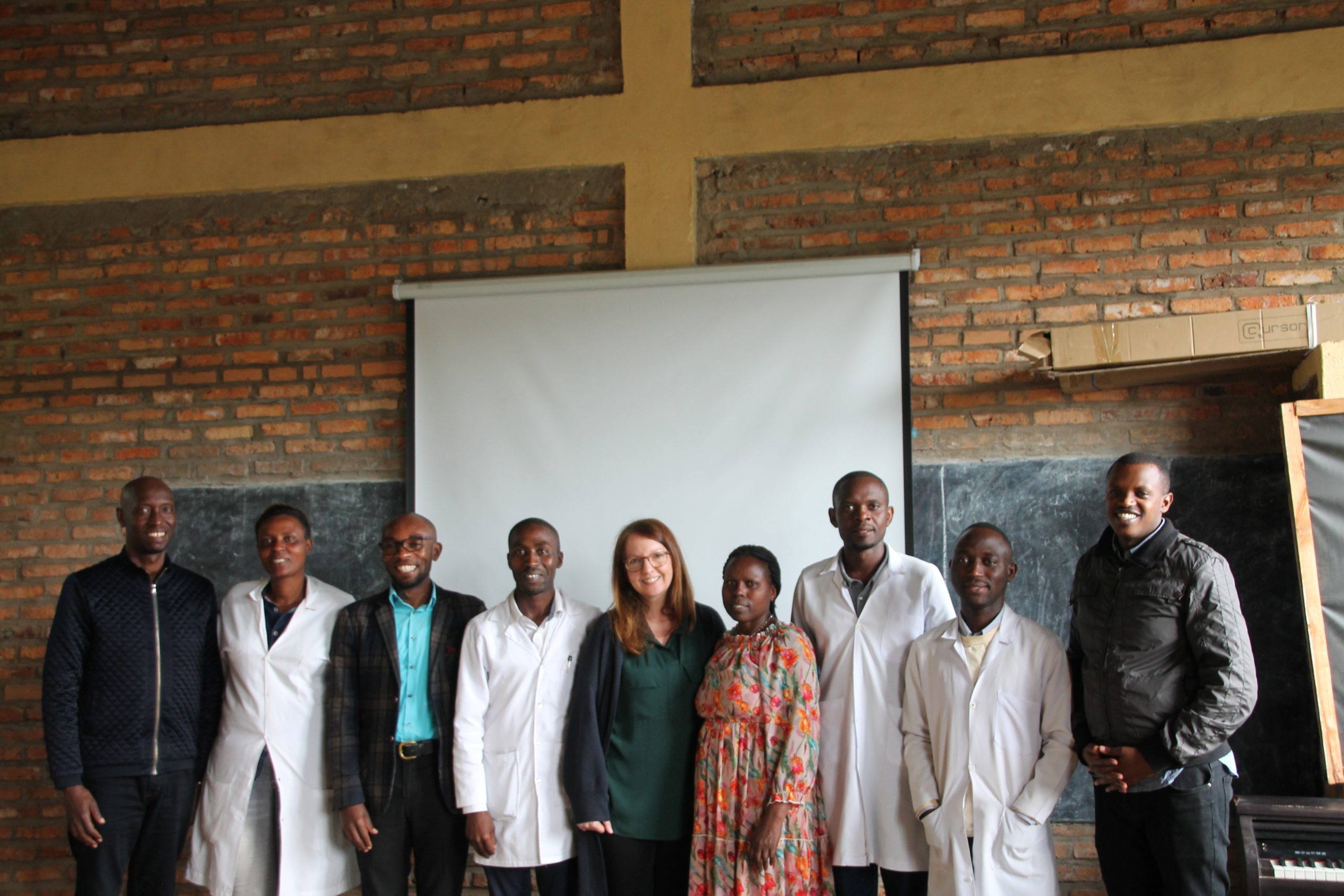
STRENGTHENING STUDENTS FROM WITHIN
The Impact of Youth First Rwanda
At GS Nyirarukobwa, the first school I visited in Bugesera district, the transformation is undeniable. Over the past two years, the school has reported zero cases of early pregnancy or student dropouts, a change the school leadership attributes to the nurturing, student-centered environment created by Youth First Rwanda, a program delivered by Wellspring in partnership with WorldBeing.
During the conversation with students, many shared how the program helped them build emotional intelligence, resolve conflict peacefully, and set meaningful goals. One story really stood out to me: Byiringiro, a senior one student who had returned to school at an older age, spoke candidly about the stigma she faced in her community:
“People used to discourage me and mock me for coming back to school at an old age,” she shared. “But through Youth First Rwanda, I have learned to ignore discouragement, set goals, and face life with resilience. And now, I am succeeding both in school and in life.”
Her story reflects what I saw again and again during my visits: when students are equipped to understand themselves, manage challenges, and believe in their potential, learning becomes transformational, not just academic.
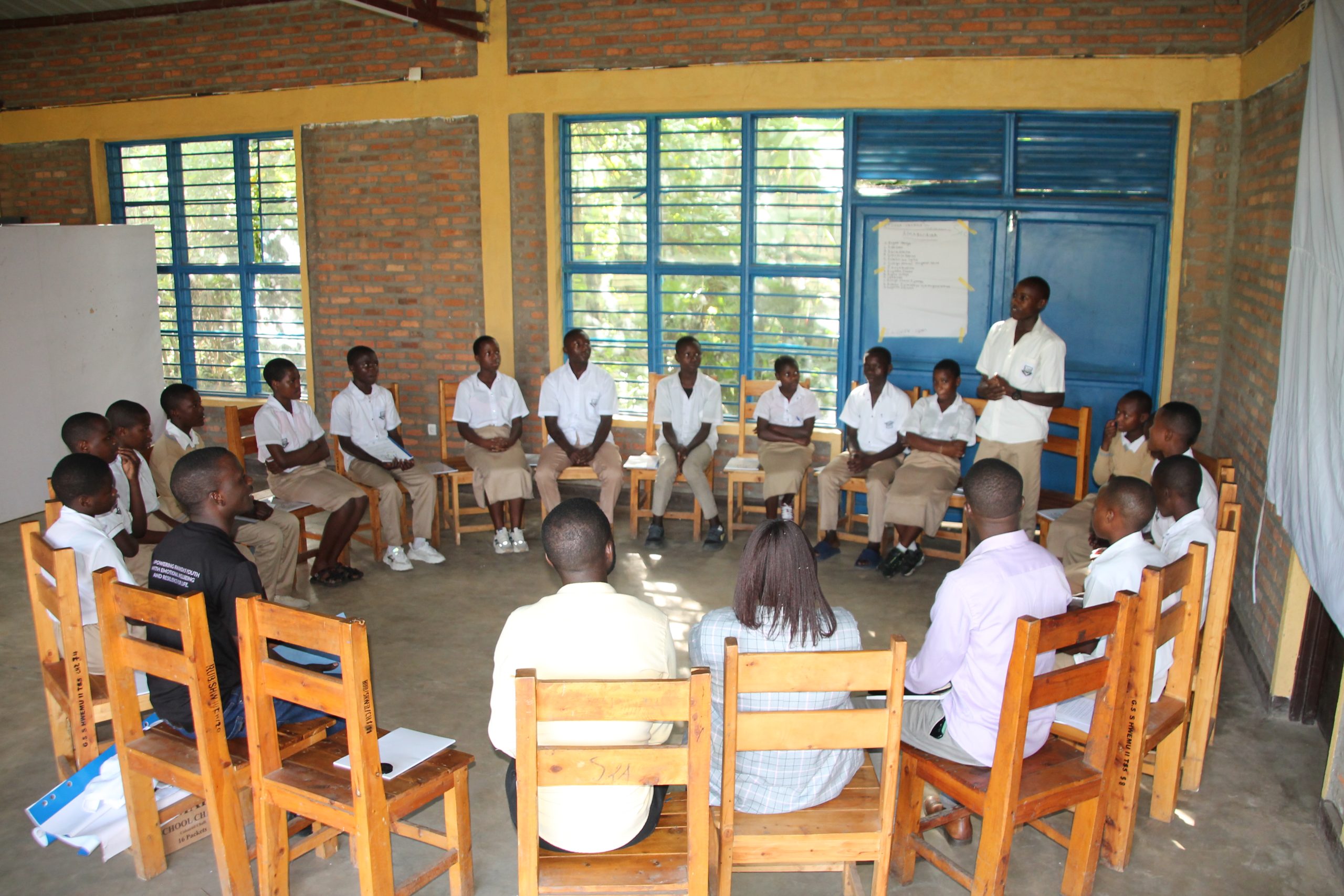
FROM AUTHORITY TO ALLY
Teachers are Building Safe Learning Environments
The transformation doesn’t end with students. Teachers, too, are experiencing a profound shift in how they engage with students. I learned and heard from teachers who described how the program has helped them move from punitive approaches toward empathy, listening, and understanding.
“We used to punish students without knowing what they were going through,” said the Director of Discipline at GS Nyirarukobwa. “Now we listen. We try to understand their background and that has changed everything. They needed to be heard, not hurt.”
This new approach is turning classrooms into spaces of trust, safety, and mutual respect—creating the kind of environment where students can truly thrive.
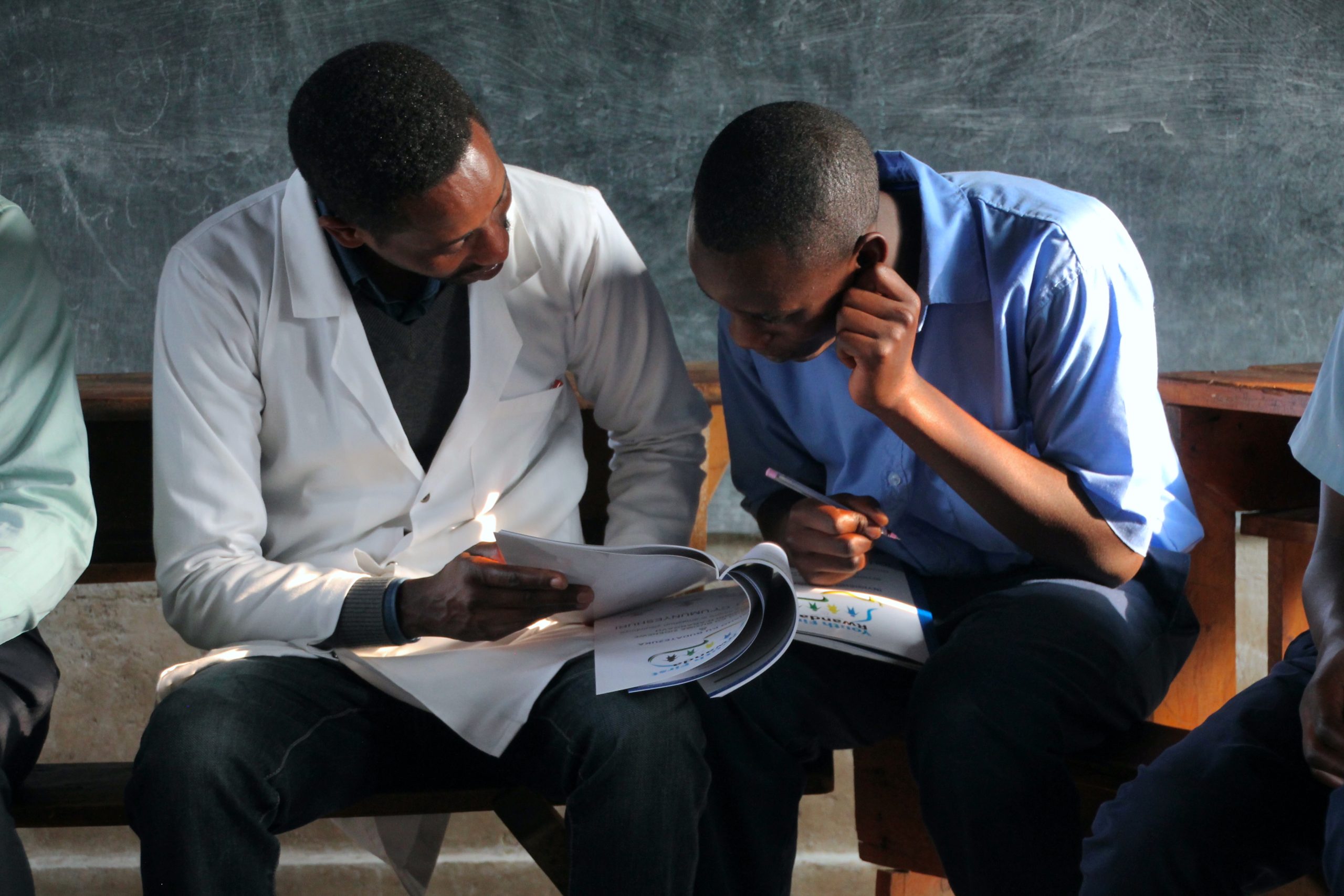
Not only this is happening in Bugesera, but it’s something that I also witnessed in Rulindo district. At the school I visited, GS Murambo, I met Angelique, a Kiswahili teacher who shared how assertive communication, one of the skillsets she gained through Youth First Rwanda, transformed both her teaching and her students’ outcomes.
“After the training, I began listening more. I realized that when students feel heard and respected, they feel safe. And when they feel safe, they learn better.” Angelique reflected.
Watching these dynamics in action made it clear that this shift from authority to ally is at the core of sustainable, long lasting educational change.
EXTENDING THE IMPACT BEYOND SCHOOL WALLS
The Role of Families & Communities in Children’s Education
Setting foot in Rubavu district after travelling more than 140 kms from Kigali, I visited five schools and saw how Wellspring’s approach goes beyond the classroom and approaches families and communities as key pillars in children’s development.
Through the Turere Abana (Let’s Nurture Children) program, Wellspring is training family advisors to help change mindsets and to support families in becoming active participants in children’s development.
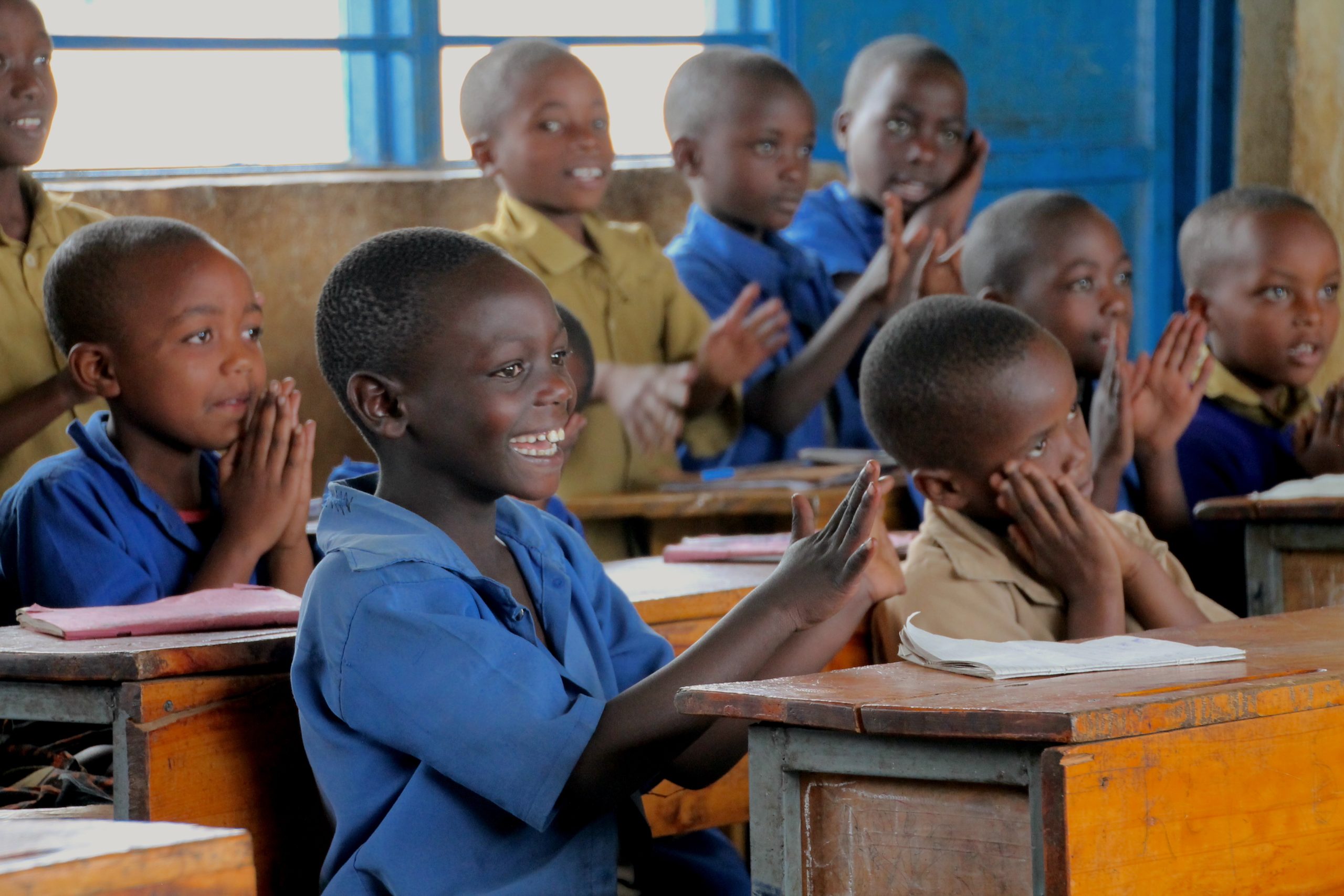
Beatrice is one of the family advisors trained by Wellspring that I got the chance to spend time with, and her transformation was as personal as it was communal. She shared that before the program, seeing a child out of school or on the street wasn’t her concern at all. But now, she has a different perspective.
“Before, if I saw a child on the street during school hours, I wouldn’t care. It wasn’t my responsibility. But now, I stop. I ask why. I follow up to make sure they have what they need to return to school,” she explained.
It was clear too that Beatrice’s change of heart is also having ripple effects in her home:
“My partner and I used to make decisions on our own. But not anymore. Now, we sit as a family, talk through challenges, and decide together. Because a decision affects all of us, especially our children, and that in turn impacts their studies and wellbeing,” Beatrice added.
Stories like Beatrice’s revealed to me just how powerful family-centered education can be. When parents and community are engaged, students receive the support they need not just to stay in school, but to thrive. And this is building a culture of shared responsibility.
Across communities, schools are reporting stronger parental involvement. At GS Nyirarukobwa, the Head Teacher shared how this is showing up at school.
“When we invite parents and tell them about their children and how they can help, we see them becoming more responsible. We are seeing real change,” he said. “We need more programs like these to continue educating parents to support their children.”
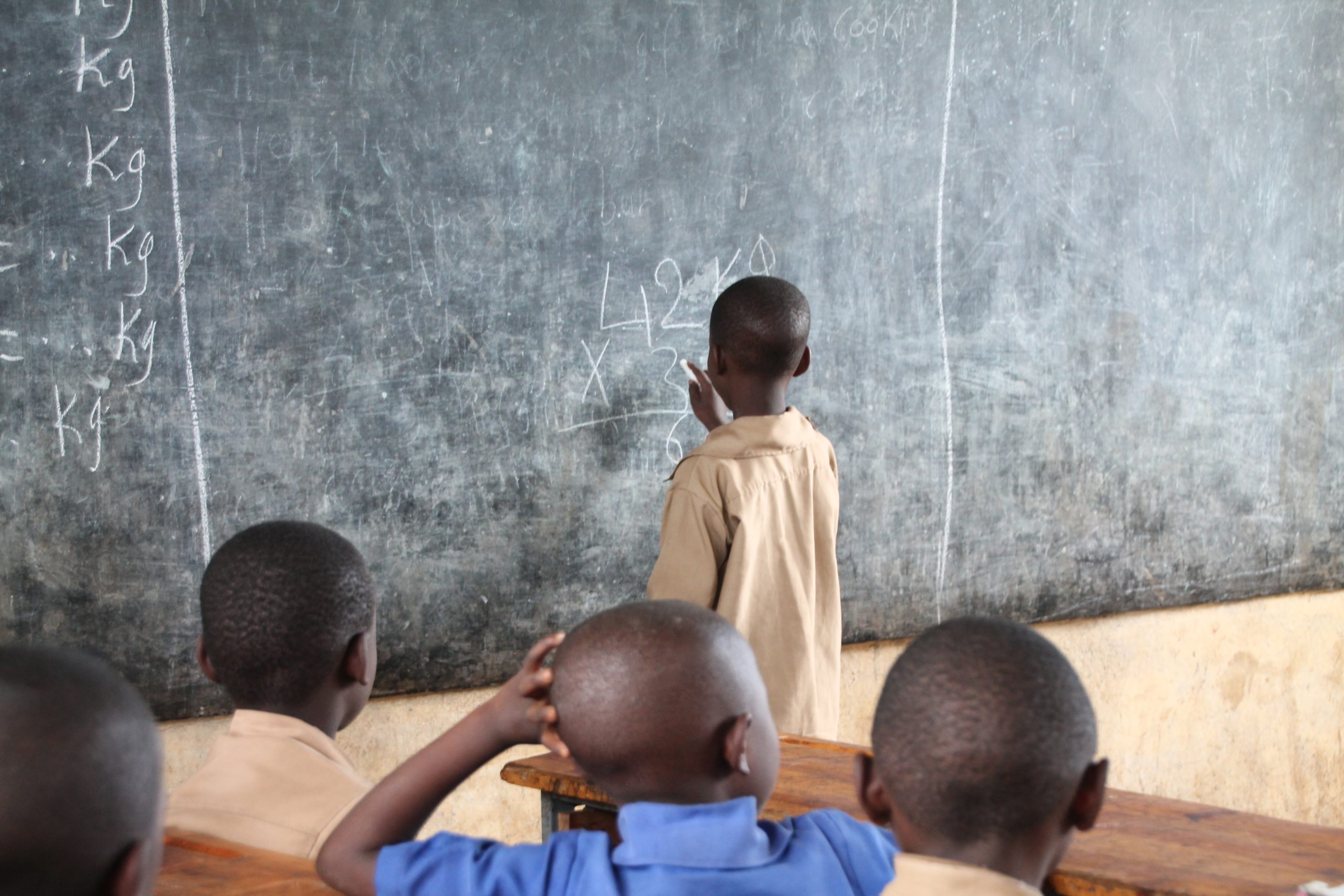
A SHARED JOURNEY TOWARD DIGNITY AND HOPE
These trips were long and exhausting at times, but above all, they were meaningful. I saw firsthand that when students are nurtured, teachers are empowered, and families are engaged, entire communities begin to thrive.
What I witnessed affirmed one of Wellspring’s core beliefs: education should develop the whole child, not just the mind, but the heart, character, and social-emotional wellbeing. Every child deserves to grow in an environment where they are safe, supported, and equipped to reach their full potential.
This transformation is not the work of one person or one organization. It’s a collective effort. And through these programs, I saw communities stepping into that shared responsibility with hope, strength, and purpose.
